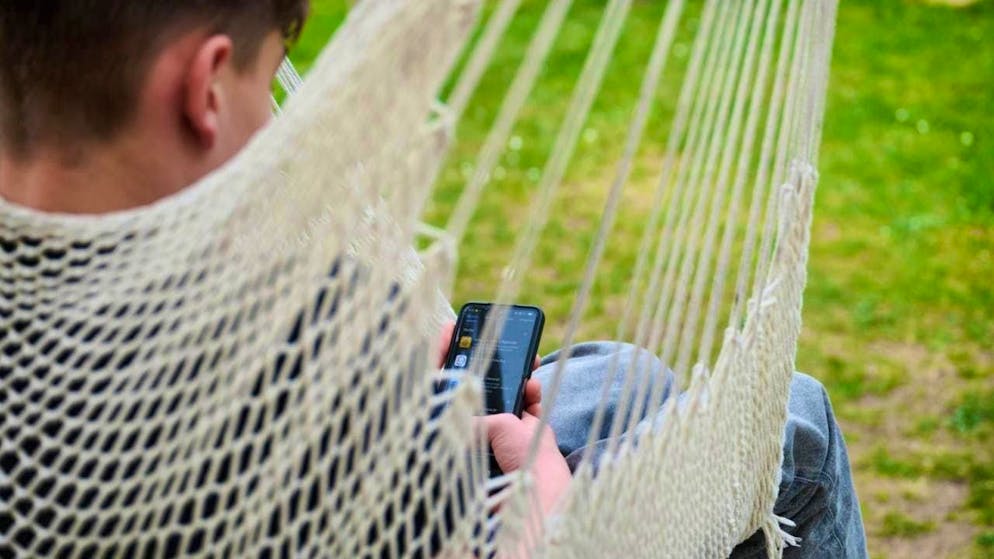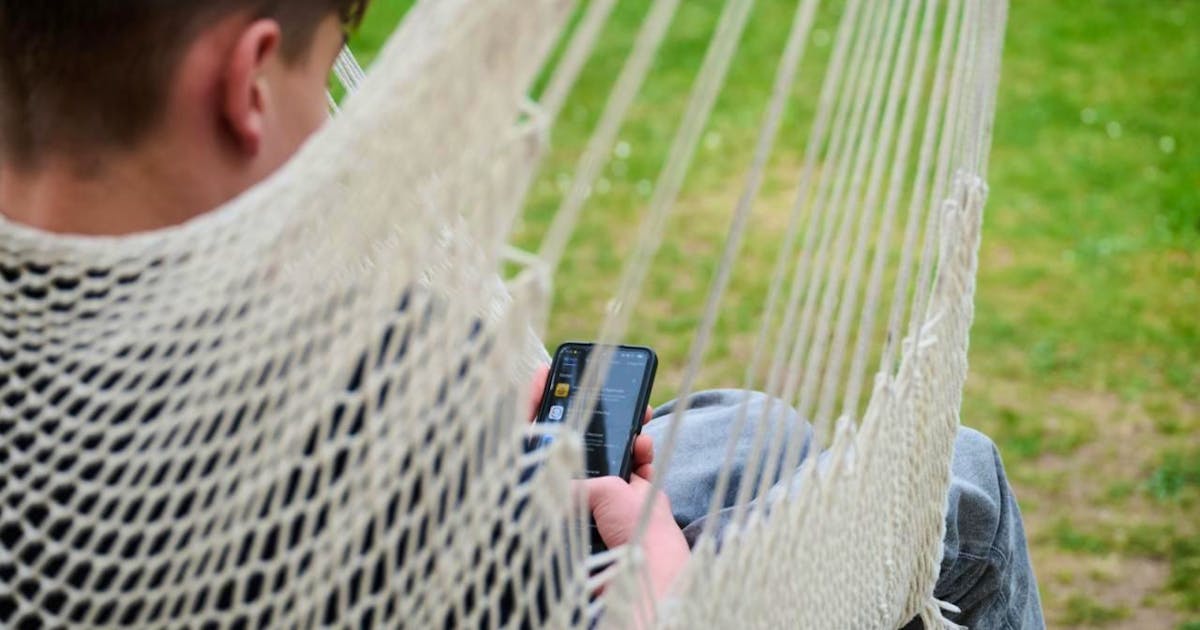
ARCHIVE – A boy looks at his smartphone while sitting in a hanging swing in a garden. Photo: Annette Riedl/dpa/symbol image
Keystone
A new digital age check is to prevent children and young people in the EU from accessing pornography and other age-inappropriate content on the internet in future. The EU Commission has provided a technical template for this, which will initially be tested in Denmark, France, Spain, Greece and Italy.
Verification to be introduced in Germany at the end of 2026
Verification should make it possible to check the age of users anonymously without storing personal data such as their name or date of birth. The long-term plan is to integrate the technology into the digital EU ID card (eID) – a type of official online proof of identity that will be available from the end of 2026 and will also be introduced in Germany.
Denmark wants to drive the issue forward during its EU Council Presidency. To make the problem more tangible, Danish Digital Minister Caroline Stage Olsen compared the online world to the situation outside a nightclub: it is difficult to imagine children entering a club by simply claiming to be old enough, said the politician in Brussels. “No bouncer, no ID check, just a simple ‘Yes, I’m over 18′”. This has been the case online for years.
Less addictive for young users
The Brussels authority also published new guidelines to help platforms protect minors. Among other things, it is proposed that children’s profiles are set to private by default and can only be seen by confirmed contacts. Functions that encourage addictive behavior – such as “streaks” in online games that use reward systems to enforce daily app use – are to be deactivated for minors.
The new measures are part of the implementation of the Digital Services Act (DSA), which imposes stricter requirements on large internet platforms to protect their users. Several EU countries are also pushing for a uniform age limit to be set for access to social media. Australia serves as an international role model: in future, social networks there will only be accessible from the age of 16.
